WASHINGTON, D.C. — Thousands of residents in the District could lose their health insurance over the next decade due to looming federal cuts to Medicaid, and many may not even realize they’re affected. That’s the warning from the D.C. Department of Health Care Finance, which estimates that as many as 95,000 residents may lose their coverage under provisions in a sweeping new federal tax law.
The challenge? Most people don’t realize they’re on Medicaid.
Medicaid in Disguise: Branded Plans and Hidden Funding
Across the U.S., including D.C., Medicaid is often delivered through managed care organizations—private insurance companies that operate under contract with state and federal governments. These plans go by names that sound like private insurance, masking their Medicaid roots.
In D.C., the most popular plan is AmeriHealth Caritas, which covers more than 100,000 residents. Operated by Independence Blue Cross, it’s technically a Medicaid plan, but few patients know it.
As of January, 87% of D.C. Medicaid recipients were enrolled in managed care plans. With nearly 274,000 people in the District relying on Medicaid, the potential for confusion is high.
Across the country, 40 states and the District use this model. But without clear labeling, many beneficiaries mistakenly believe they’re enrolled in private insurance, not a government-funded program.
The “One Big Beautiful Bill” and Its Impact
The confusion becomes more dangerous under President Donald Trump’s newly signed tax law, nicknamed the “One Big Beautiful Bill.” The legislation includes $1 trillion in cuts to federal health care programs, including Medicaid, over the next 10 years.
Analysts project these cuts could lead to nearly 12 million people losing coverage from programs like Medicaid, the Children’s Health Insurance Program (CHIP), and Obamacare nationally. The bulk of these reductions are expected to take effect in 2027, after the next round of midterm elections.
One of the most impactful provisions is the introduction of new work requirements for Medicaid recipients. These rules will require beneficiaries to report employment or job-seeking activities, or risk losing coverage.
However, many may not comply—simply because they don’t realize their plan is part of Medicaid.
“If patients don’t know that those plans are part of Medicaid, that’s going to make it harder for them to realize that they need to do this new reporting,” said Dr. Benjamin Sommers, a health care economist at Harvard T.H. Chan School of Public Health.
Medicaid’s Many Names: A Blessing and a Curse
The problem is made worse by state branding. Many states gave their Medicaid programs friendly-sounding names to reduce stigma and make public insurance feel more like private health care. Examples include:
-
HUSKY Health – Connecticut
-
SoonerCare – Oklahoma
-
BadgerCare Plus – Wisconsin
-
Green Mountain Care – Vermont
-
Dr. Dynasaur – Vermont (children’s program)
While these names help differentiate programs across states and improve user experience, they also disconnect recipients from the broader Medicaid system—especially when it comes to policy changes tied to federal legislation.
“It’s an irony,” said Pamela Herd, professor of social policy at the University of Michigan’s Ford School of Public Policy. “Efforts to reduce stigma have created serious confusion about who’s covered and what they need to do to stay covered.”
Confusion Has Real Consequences
The concern is not theoretical. Health policy experts are already seeing anecdotal evidence that some patients don’t believe the work requirements apply to them.
“We’ve heard people say, ‘Well, I’m not on Medicaid. I’m on BadgerCare,’” Herd explained.
In a landscape where Medicaid is the nation’s largest health care program, serving low-income individuals, pregnant women, people with disabilities, and seniors, this confusion could lead to massive unintended coverage loss.
What’s Next for D.C. and Beyond
D.C. officials are urging residents to pay close attention to their health plans, especially if enrolled in managed care options like AmeriHealth Caritas or MedStar Family Choice. These are Medicaid plans, and they are subject to the coming changes.
The District says it is preparing for implementation and outreach. Still, without significant public education, many residents may not realize the steps they need to take to retain coverage until it’s too late.
In the coming years, as federal cuts roll out and work requirements expand, the simple question—“What insurance am I on?”—may determine whether millions of Americans keep or lose their health care.

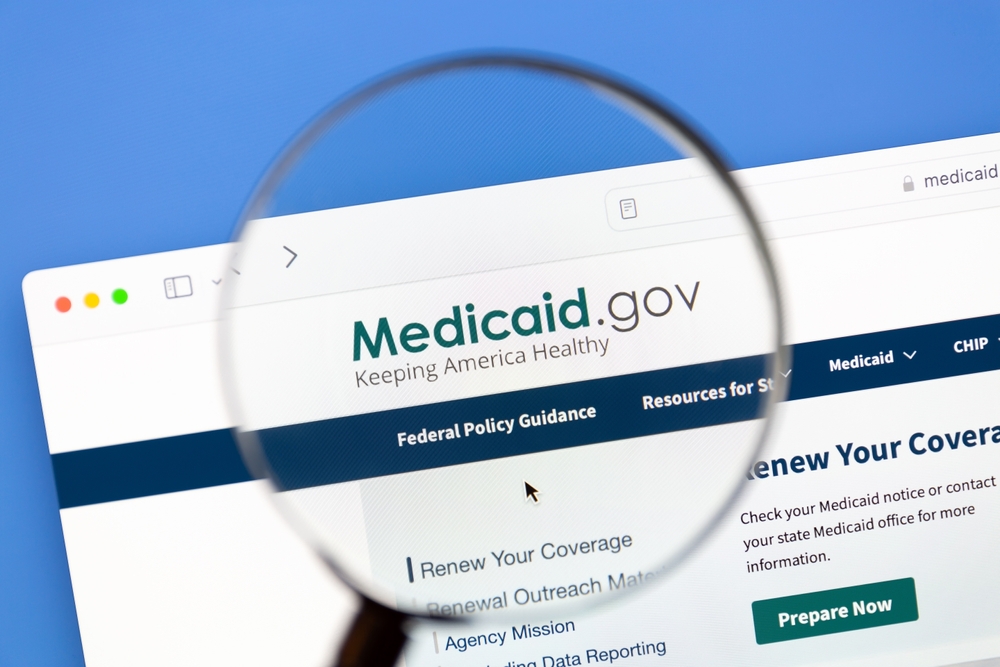




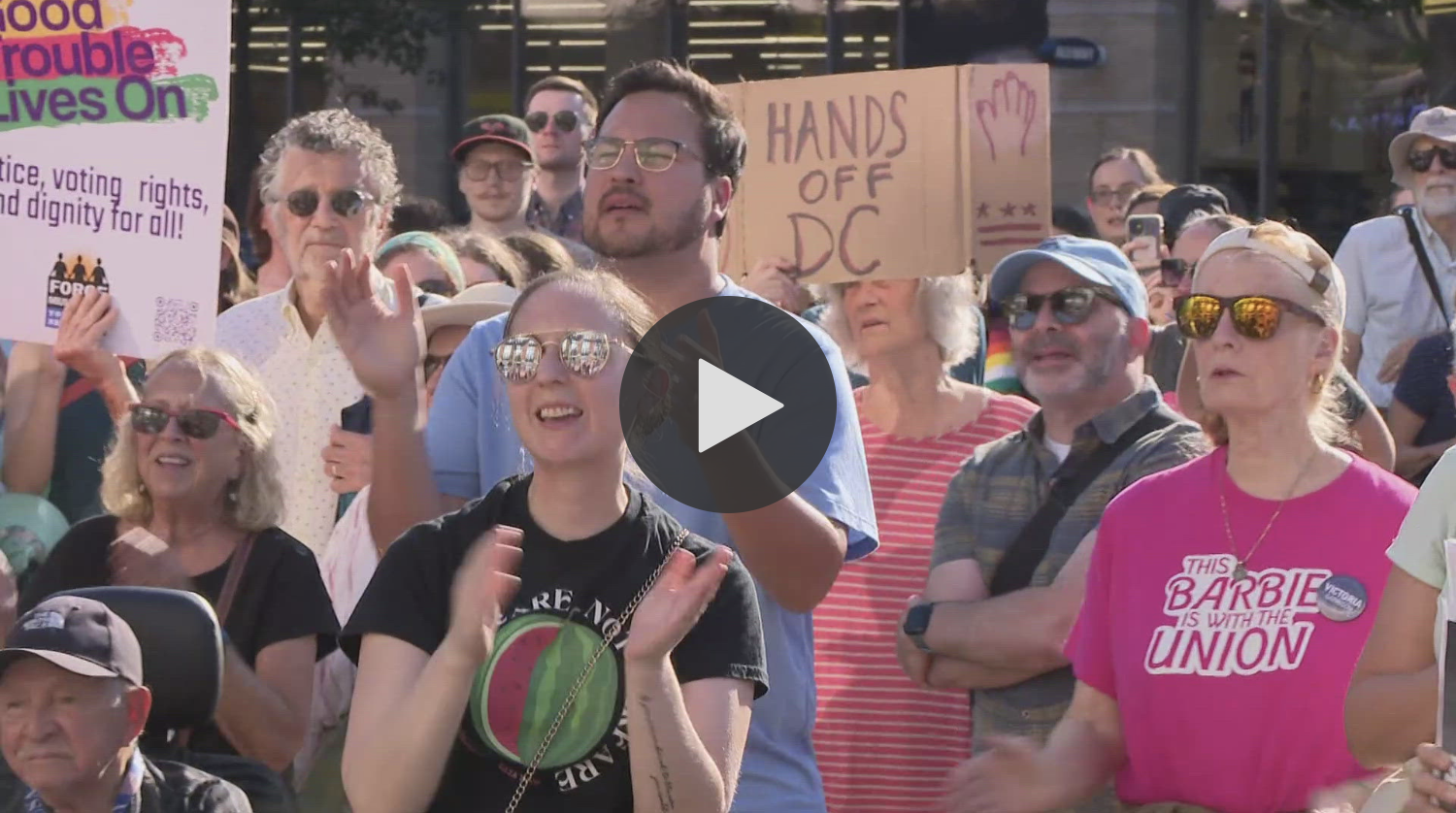


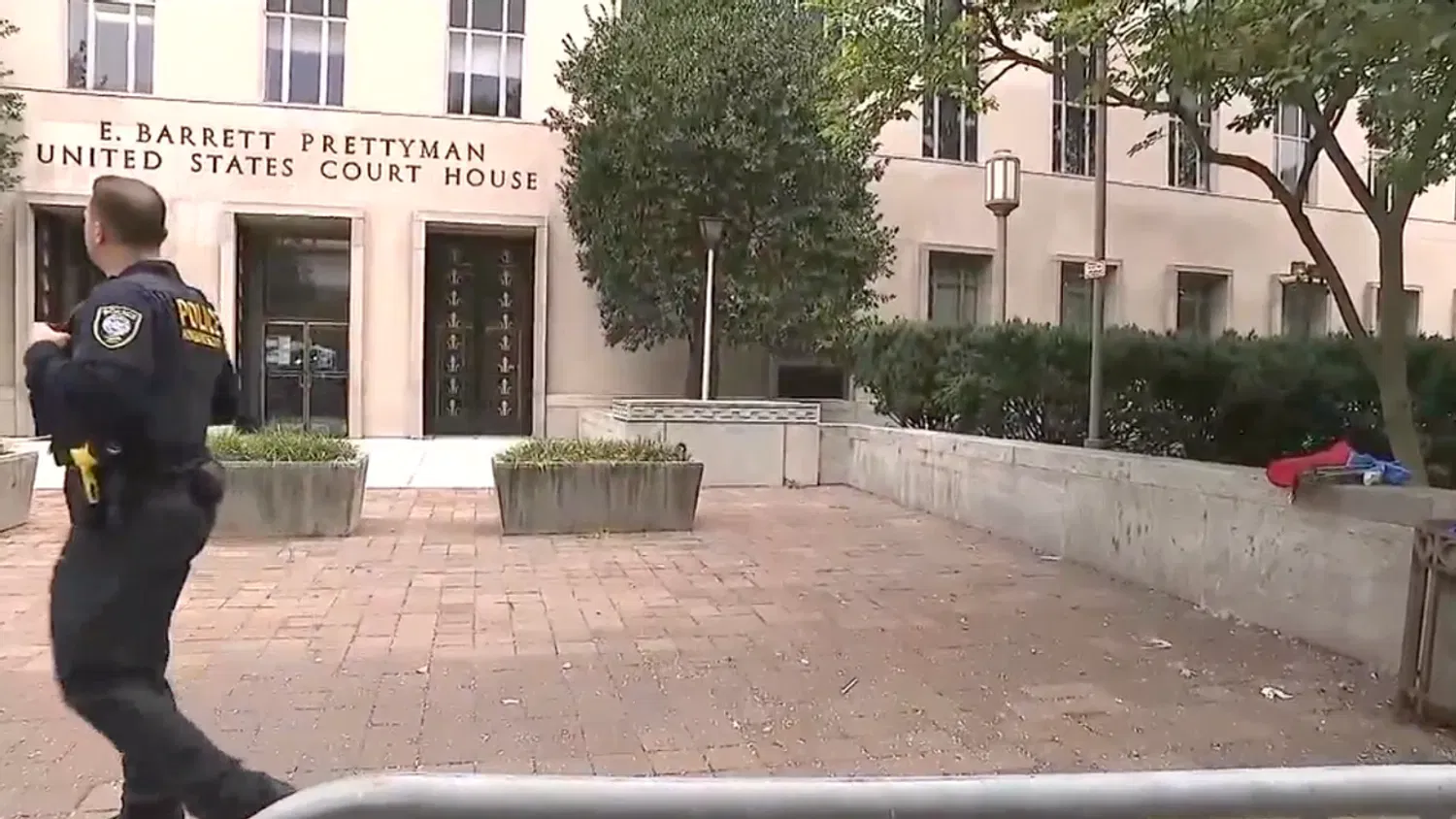
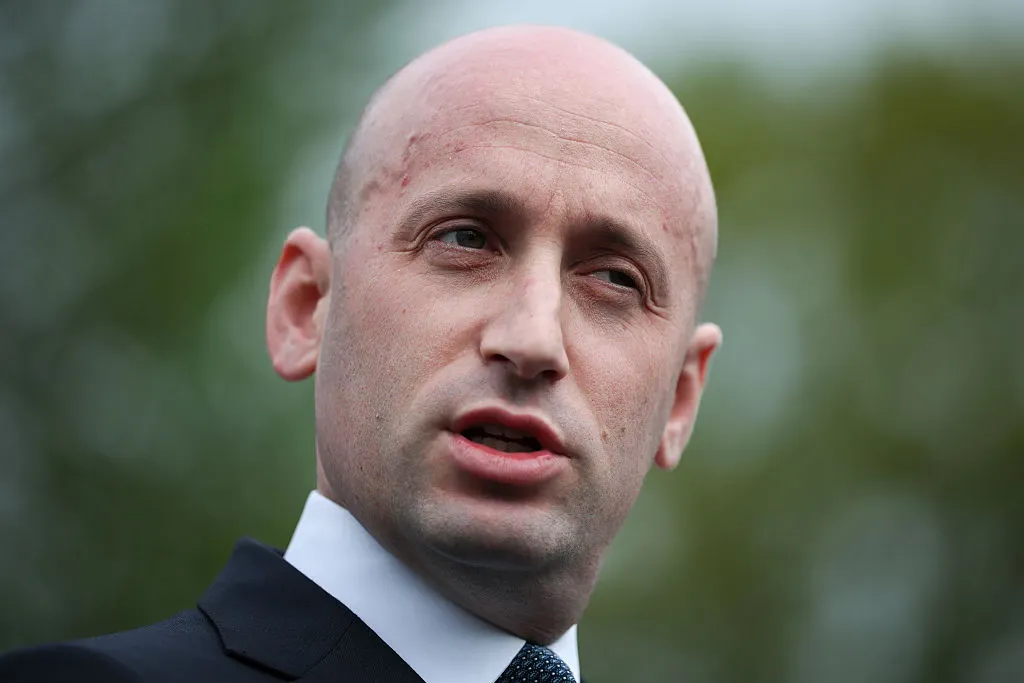
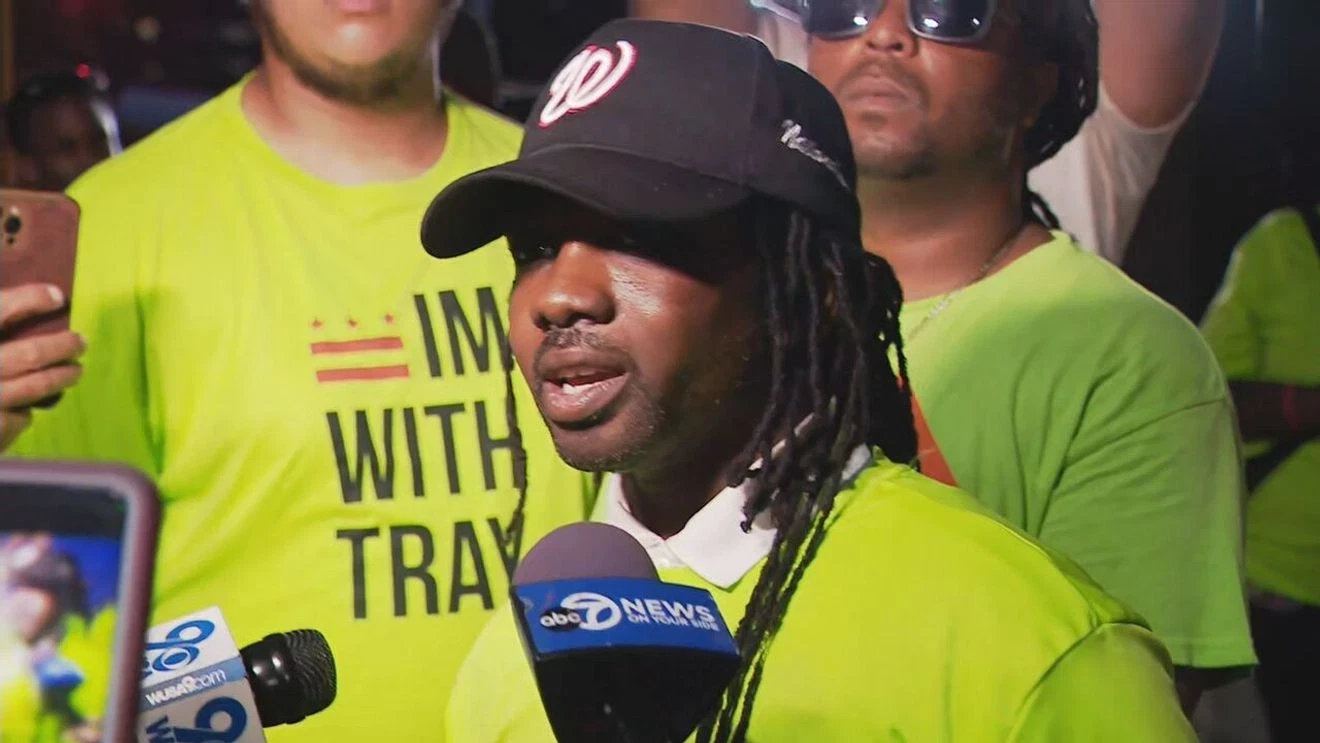
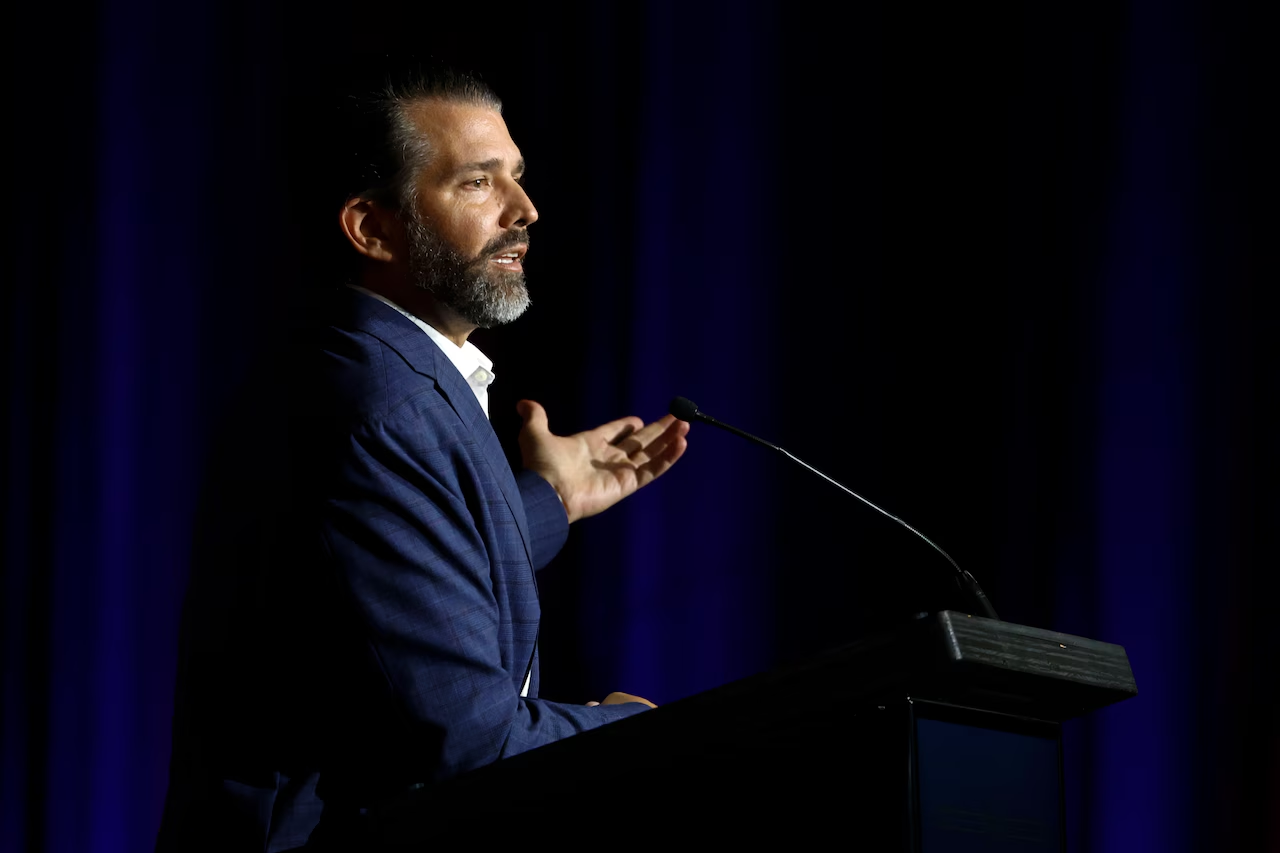

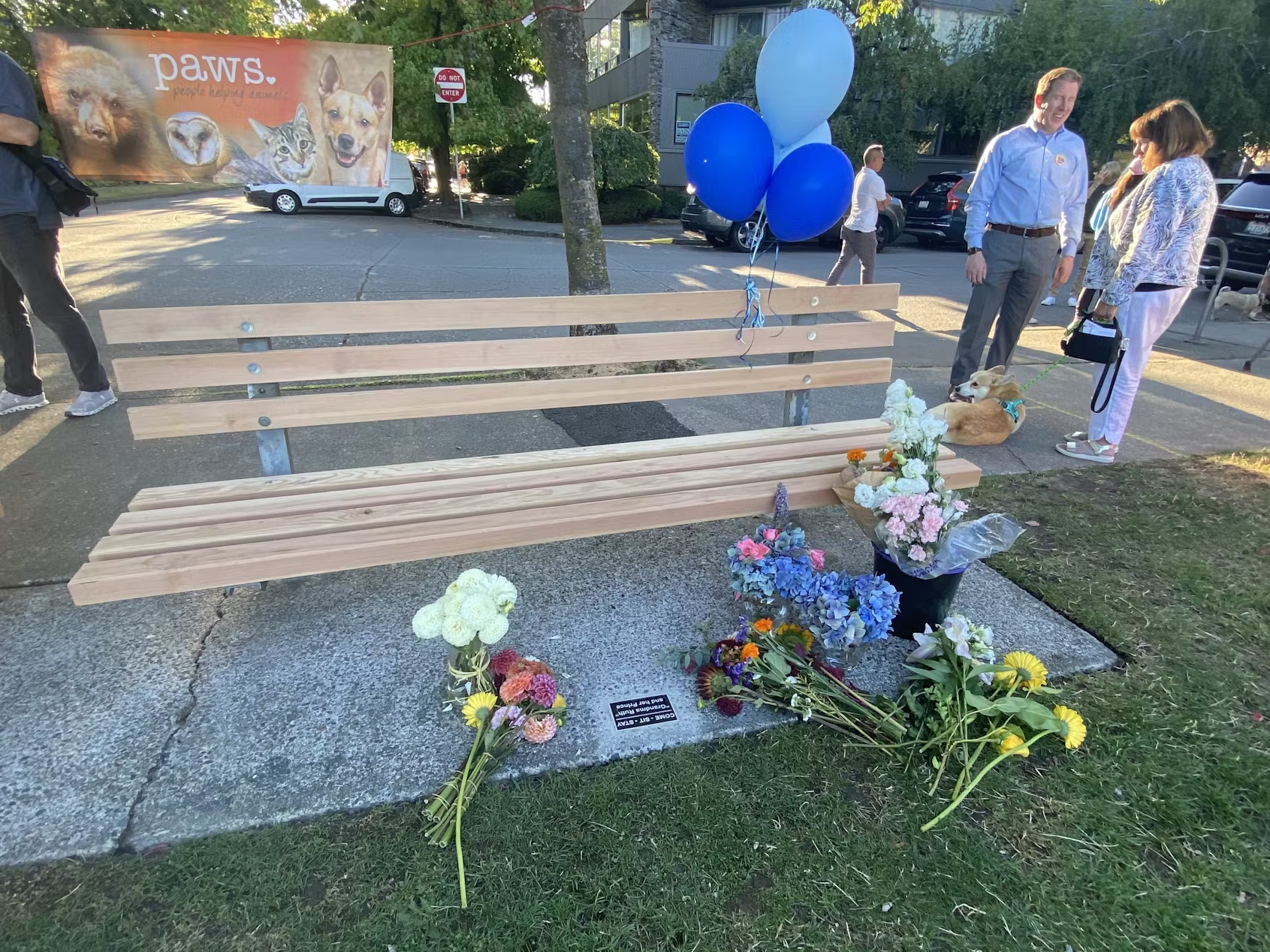
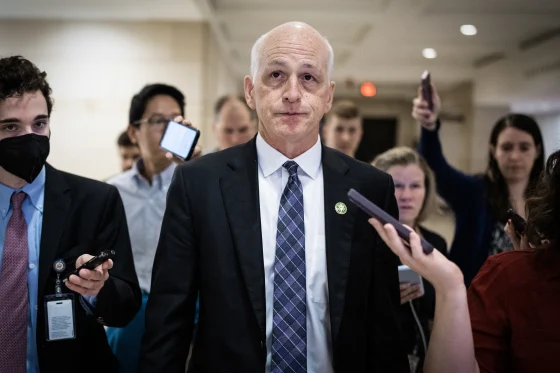
Leave a Reply